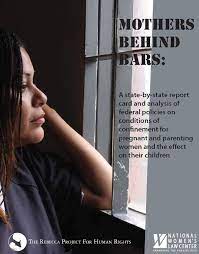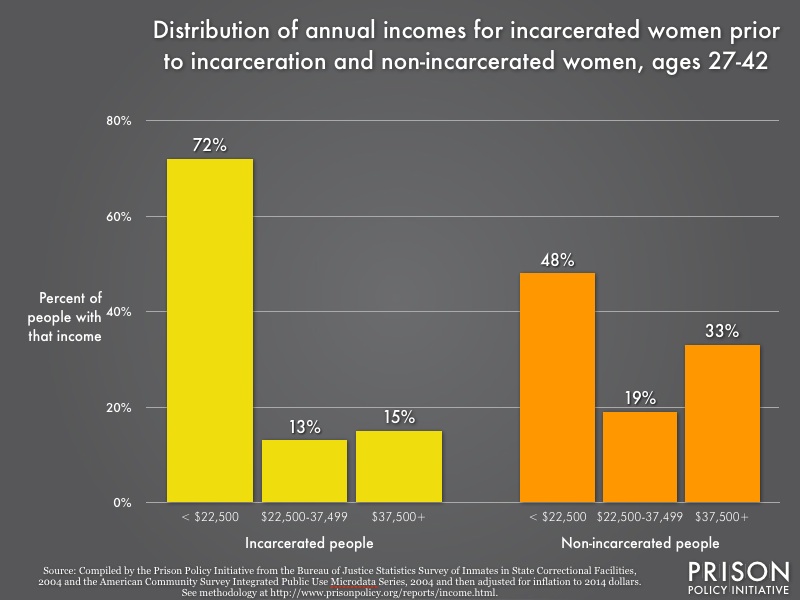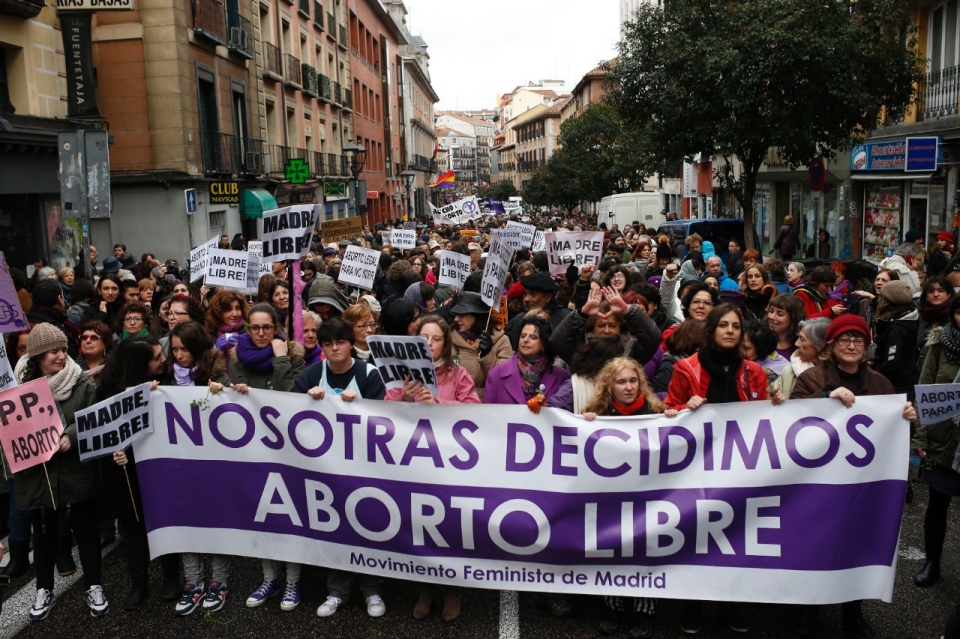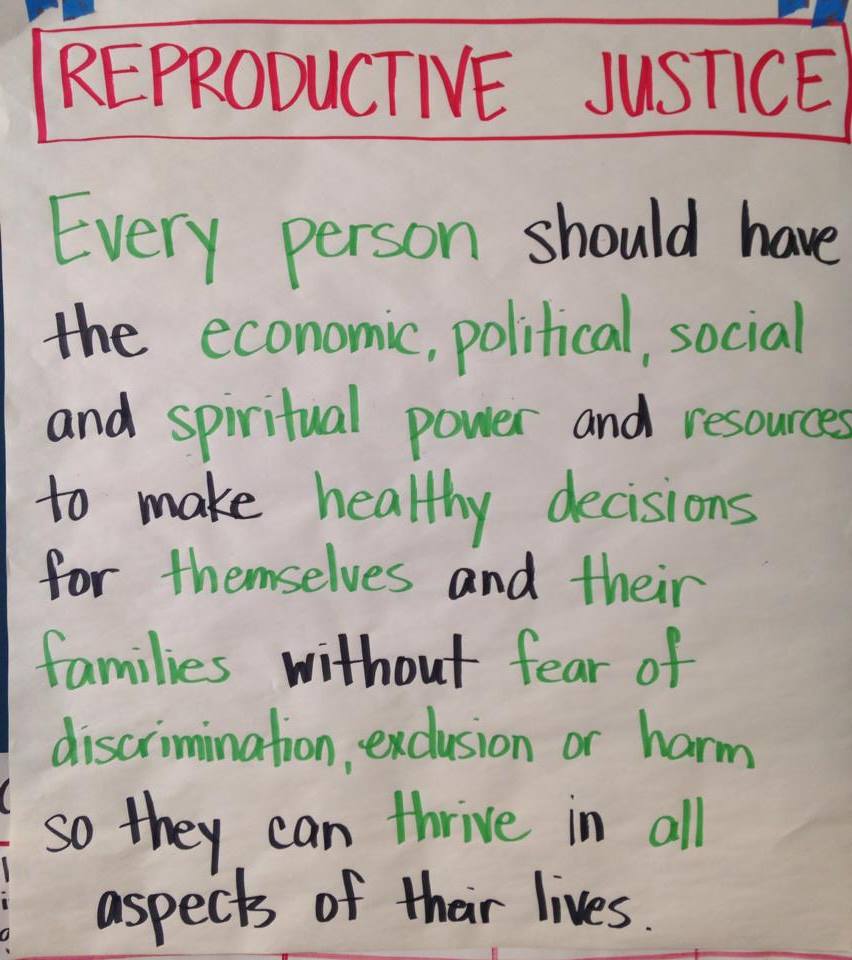In early April, the Maryland General Assembly approved two new bills that will greatly affect the healthcare of women inmates. Maryland becomes the first state to require a written reproductive healthcare and services policy for pregnant inmates and detainees. Lawmakers in Maryland approved measures requiring correctional facilities to have free menstrual hygiene products available upon request. The House and Senate both unanimously passed the hygiene product bill. Last summer, the Federal Bureau of Prisons declared that all federal prisons must give women free access to menstrual products. Women make up less than 7% of those housed in federal prisons, and so it is imperative to also push these bills at a state level.
The second bill disallowed the use of shackling of pregnant inmates throughout pregnancy and during labor, except in individualized cases when determined necessary by the medical professional responsible for the care of the inmate. Shackling pregnant women is inhumane and unnecessary. This bill also mandates that information on abortion access, adoption, kinship adoption and foster-care be made available to all pregnant inmates, along with new updates to prenatal care and miscarriage care procedures. This bill will be put into effect in October of this year.
The momentum for women’s rights in Maryland continues with the passing of the Rape Survivor Family Protection Act that enables pregnant rape victims to terminate parental rights of their rapist. Advocates in Maryland have been pushing for this bill to pass for over a decade. Currently, 45 states and Washington, D.C. have laws in place that allow the victim to limit or terminate the parental rights of their rapists.
Both the bill disallowing the shackling of pregnant inmates and the Rape Survivor Family Protection Act have been long advocated for in Maryland, so why are these bills finally being pushed through now? Maryland is now at an almost 35% ratio of women in state legislature positions, pushing it into the top 10 for representative gender equality in state legislatures in the country. Maryland also has a growing number of women led advocacy groups that are driven to get women’s rights bills signed into law.
When asked how these long desired bills were finally able to be pushed through, Brittany Oliver, the Founder and Director of Not Without Black Women, said, “Those were important bills for women’s rights. We worked with a variety of organizations on these bills, including Reproductive Justice Inside. I think what we did was merge policy and organizing to finally get these bills passed. “
When asked what’s coming for women’s rights in Maryland during the next legislative session, Ms. Oliver replied, “This session just ended, so while we don’t yet have an official agenda for next session, one thing we are looking to advocate on is a bill making it illegal for police to have sexual relations with inmates.”
After this successful session, advocates in Maryland have nine months to prepare for the next legislative session. Along with women’s issues, they plan to push forward with economic issues including The Fight For $15, which would raise the minimum wage in Maryland, and a Gender Equity Bill, which would prohibit employers from asking job applicants about their previous salary in hopes to close the gender and race pay gap. The struggle continues!

(Photo Credit: The Washington Post / Andre Chung)








